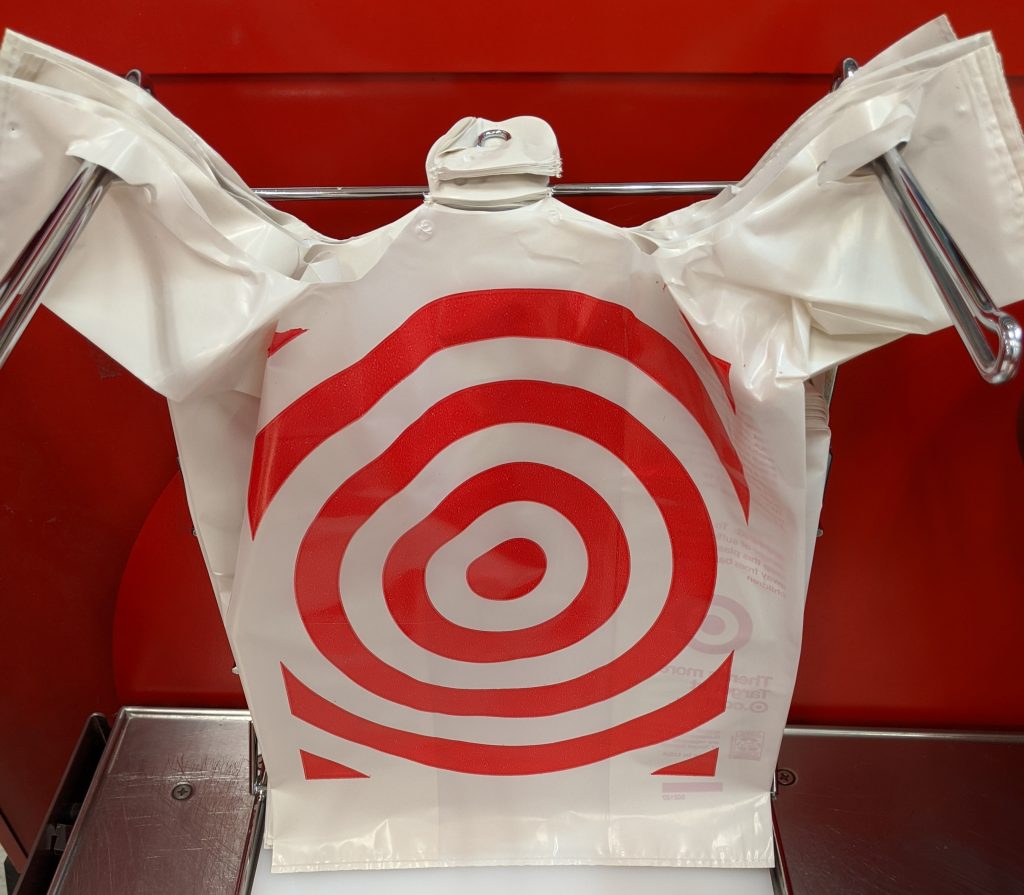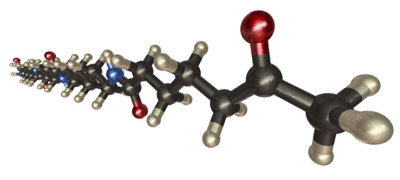 I trust all are staying safe and making the best of the current COVID-19 situation. I am based in California and am on mandatory stay-at-home orders. I saw an interesting article come into my inbox this week from the Wall Street Journal. That be said, it was an editorial, but it got me thinking. The premise of the article is that the ban on plastic bags may have backfired. The editorial contends that the re-usable cotton or polymer fiber bags may harbor the coronavirus. Since most users don’t regularly wash or clean their re-usable grocery bags, these may become carriers of the coronavirus. It is too early to tell if this is true, but it is something to think about.
I trust all are staying safe and making the best of the current COVID-19 situation. I am based in California and am on mandatory stay-at-home orders. I saw an interesting article come into my inbox this week from the Wall Street Journal. That be said, it was an editorial, but it got me thinking. The premise of the article is that the ban on plastic bags may have backfired. The editorial contends that the re-usable cotton or polymer fiber bags may harbor the coronavirus. Since most users don’t regularly wash or clean their re-usable grocery bags, these may become carriers of the coronavirus. It is too early to tell if this is true, but it is something to think about.
In the context of the COVID-19 outbreak, the traditional single use plastic bags like the ones I encountered at Target (in the picture on the left) make sense. The National Institutes of Health (NIH, see https://www.nih.gov/news-events/news-releases/new-coronavirus-stable-hours-surfaces) and reference [1] states that the virus may survive on copper surfaces up to four hours, and up to two or three days on plastic and stainless steel. In the case of the plastic bag, they are typically packaged in such a way to prevent contamination of the outside surfaces (either in a roll, like those in the produce section or like the example above where they are stacked where you can “peel off” one at a time at the check-out stand. In this case, the plastic bag should be used one time and simply thrown in the garbage (not recycle). If during your shopping experience the outside of the bag comes in contact with the virus, throwing the bag away is a good strategy. Then immediately wash your hands.
Think about your re-usable fiber bag. The purpose is to reuse, not throw away. Most of the reusable shopping bags are woven fiber which could harbor the coronavirus. I was curious to see if there were any scientific studies on contamination being carried on reusable bags. Turns out there are multiple peer reviewed studies. The bottom line is that reusable bags are carriers for all sorts of germs. I will dive into this in the next post. With the rapid spread of COVID-19, it might be prudent to not use your re-usable bags and instead use single-use plastic bags like the ones in the picture above.
In the meantime, please follow closely the guidelines from the NIH:
The findings affirm the guidance from public health professionals to use precautions similar to those for influenza and other respiratory viruses to prevent the spread of SARS-CoV-2:
- Avoid close contact with people who are sick.
- Avoid touching your eyes, nose, and mouth.
- Stay home when you are sick.
- Cover your cough or sneeze with a tissue, then throw the tissue in the trash.
- Clean and disinfect frequently touched objects and surfaces using a regular household cleaning spray or wipe.
- Wash your hands frequently
Stay safe and if we all work together, we will get through this and prosper.
References
- N van Doremalen, et al. Aerosol and surface stability of HCoV-19 (SARS-CoV-2) compared to SARS-CoV-1. The New England Journal of Medicine. DOI: 10.1056/NEJMc2004973 (2020).

Leave a Reply